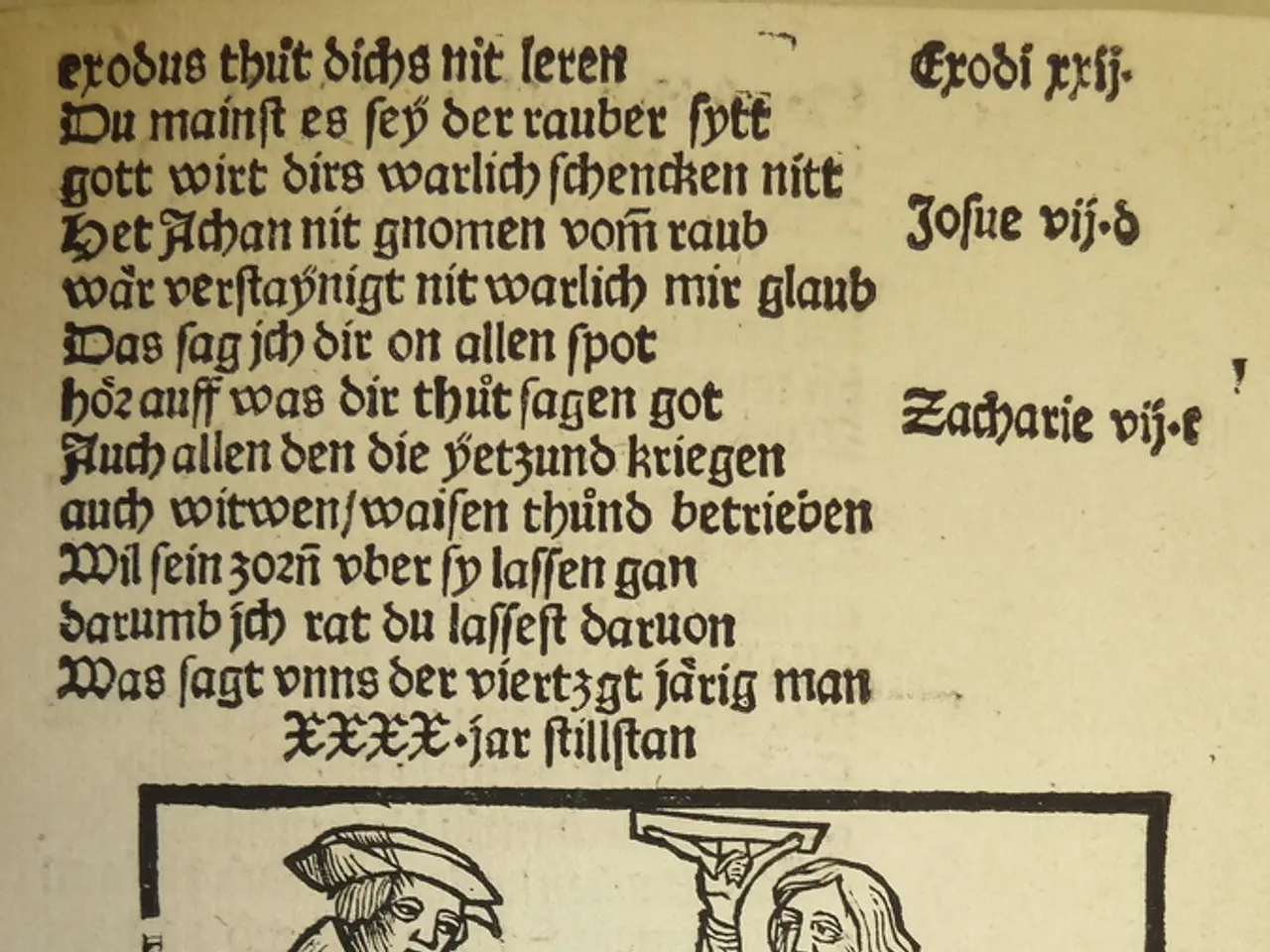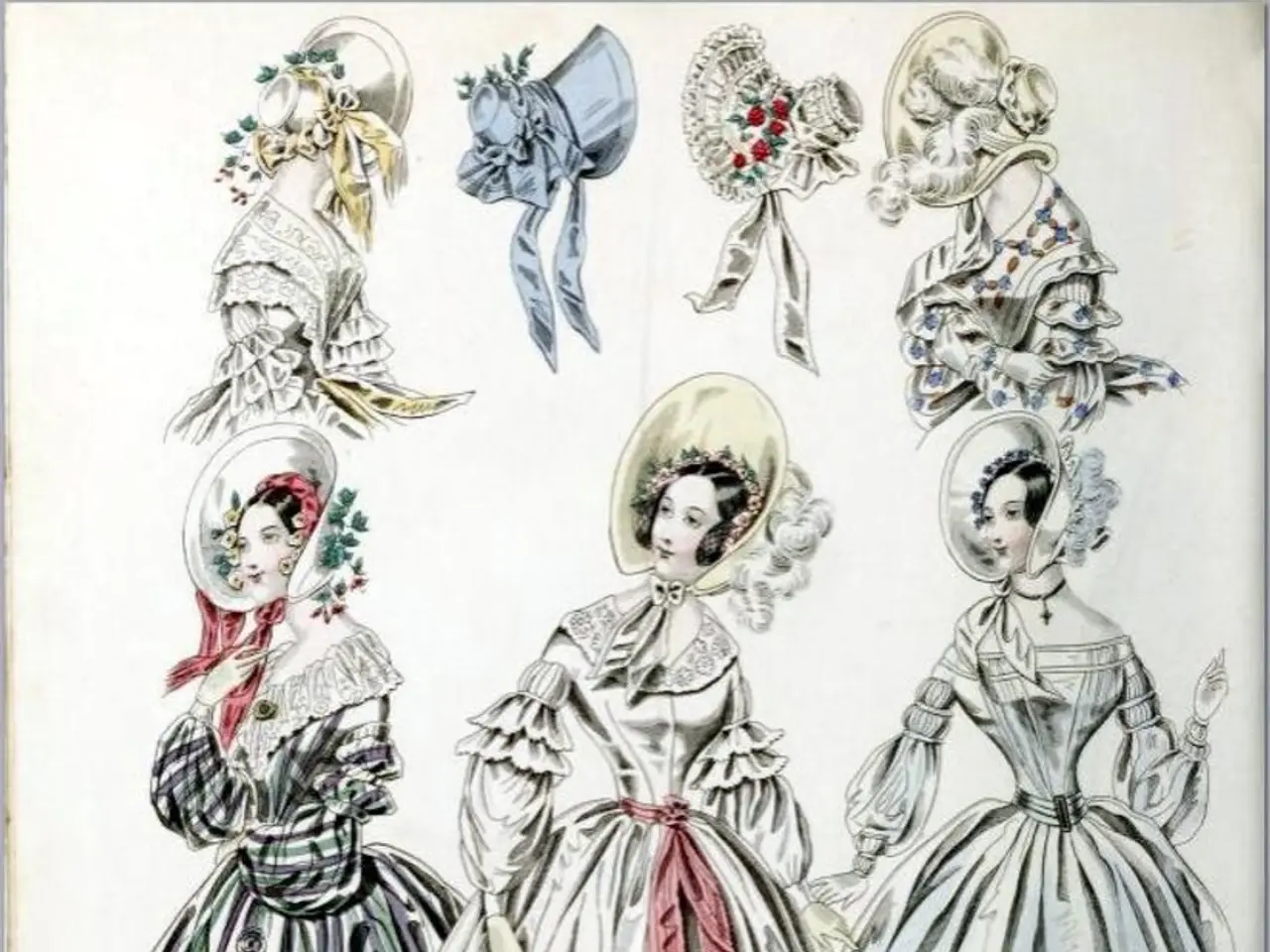Federal Ministries Lack Representation of Both Genders
The federal government of Germany has recently adopted new guidelines for gender-inclusive language, following the recommendations of the Council for German Orthography. According to the spokesperson for the Digital Ministry in Berlin, the government is committed to using gender-inclusive language that aims to ensure understandability, readability, accessibility to screen readers, grammatical correctness, clarity, and legal certainty.
The new guidelines, which apply to schools and public administration, do not advocate for the use of special characters such as asterisks or internal capitalization in words like "Student*innen" or "StudentInnen". Instead, the government is sticking to traditional gendered language conventions in formal communications.
This decision aligns with the Council for German Orthography’s standards, which reject special characters for gender-neutral language as unofficial. The use of these characters, while popular in some circles, has not been codified in the official orthography rules.
The federal government's press conference discussed the use of gender-inclusive language, with Culture Minister Wolfram Weimer (independent) stating that the Chancellery does not use gender-neutral language in letters, emails, and notes. Weimer also noted that forced gendering does not reflect how the majority of Germans speak and instead deepens the divide in society.
Despite the government's stance, gender-inclusive language remains a topic of debate. Some academic and institutional contexts advocate for gender-inclusive language, recognizing the limitations of German in addressing non-binary identities. For example, the University of Potsdam published recommendations on gender-inclusive German usage in 2024.
In less formal contexts, some media and organizations use gender-neutral expressions without special characters or rely on alternatives like compound expressions ("Liebe Studierende" instead of "Student*innen").
The overall development of the use of special characters in gender-sensitive language will continue to be monitored. The new guidelines from the Council for German Orthography contain a section on special characters in words used by advocates of gender-sensitive language.
In summary, while gender-inclusive language practices are evolving in Germany, the official orthographic guidelines currently reject spelling forms involving special characters in formal government communications, adhering instead to traditional gendered language conventions. Meanwhile, other institutions and activists continue to promote inclusive language and adaptations in less formal contexts or through recommended style guides.
The federal government's policy-and-legislation regarding gender-inclusive language, as outlined in the new guidelines, prioritizes traditional gendered language conventions in formal communications, excluding the use of special characters like asterisks or internal capitalization (policy-and-legislation, politics). This stance aligns with the Council for German Orthography’s standards, which deem special characters for gender-neutral language as unofficial and not codified in the official orthography rules (general-news).






